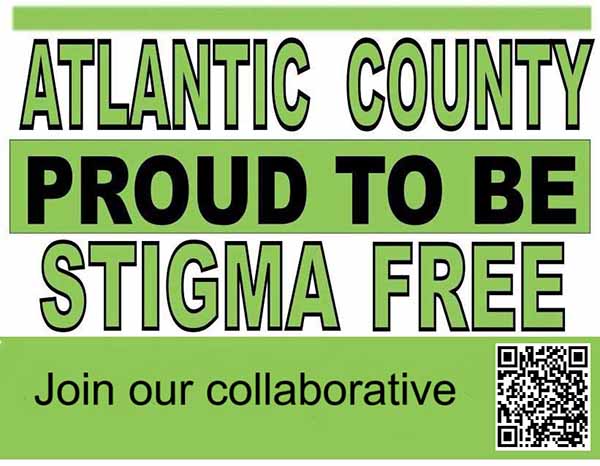Stigma

Definition of Stigma
Stigma is a mark of disgrace which results from the judgment of others. When an individual is labeled by their illness, they experience judgment and prejudice. It brings experiences and feelings of shame, embarrassment, distress, hopelessness and reluctance to seek or accept help.
Why it’s a problem
Stigma is the greatest barrier to seeking help and treatment. It can lead to discrimination and causes harm, both socially and emotionally.
- Less likely to seek treatment
- Alienated by others
- Looked at as being dangerous
- Strained family relations
- Loss of friends
- Extremely poor self-image
- Difficult to find or maintain work
- Rejection, bullying and discrimination
What can be done
Breaking down stigma requires education, awareness, and empathy. It also requires fostering a deeper understanding of the realities behind stigmatized conditions while promoting acceptance and support for those affected.
Education
Education is a great way to help combat stigma. The more we are informed, the more we can work towards actively changing the dialogue around mental health and substance use.
Language
Words are Powerful! One simple way everyone can help reduce stigma is by using neutral, person-first language. Stigmatizing language maintains negative attitudes towards vulnerable populations.
It is recommended to use “Person First” language. Examples of “Person First” language include “ They are a person living with mental health or substance use challenges.” This focuses on the person rather than the disease.
Stigma Free Language
When Discussing Mental Health Disorders
| Preferred Language: | Instead Of: |
|---|---|
| She is a person living with mental health or substance use challenges or a psychiatric disability | She is a patient |
| He is a person living with a disability | He is disabled / handicapped |
| She is a child without disabilities | She is normal |
|
He is a person living with bipolar disorder diagnosis He is a person living with bipolar disorder |
He is (a) bipolar |
| He has a mental health problem or challenge | She is mentally ill / emotionally disturbed/psycho / insane/lunatic |
| She is a person with lived experience of a mental health | She is mentally ill / emotionally |
| Condition | Disturbed / psycho/insane / lunatic |
| He is a person living with a brain injury | He is brain damaged |
|
He experiences symptoms of psychosis / He hears voices |
He is psychotic |
| She is a person living with an intellectual disability | She is mentally retarded |
| He is a person living with autism | He is autistic |
| Is receiving mental health services | Mental health patient / case |
| Attempted suicide | Unsuccessful suicide |
| Died by suicide | Committed suicide |
| A student receiving special education services | Special education student |
| Experiencing, or being treated for, or has a diagnosis of, or a history of, mental illness | Suffering with, or a victim of mental health |
Stigma Free Language
When Discussing Substance Use Disorders
| Preferred Language: | Instead Of: |
|---|---|
| Person with a substance use disorder | Addict, junkie, druggie |
| Person living in recovery | Ex-addict |
| Person living with an addiction | Battling/Suffering from an addiction |
| Person arrested for drug violation | Drug offender |
| Chooses not to at this point | Non-compliant/bombed out |
| Medication is a treatment tool | Medication is a crutch |
| Had a setback | Relapsed |
| Maintained recovery | Stayed clean |
| Person experiencing alcohol / drug problem | Abuser /junkie |
| Substance use disorder | Drug Habit |
| Misuse or harmful use | Abuse |
| Actively / not actively using | Clean / Dirty |
| Person in risky use or misuse | User |
| Person with an alcohol use disorder | Alcoholic, drunk |
| Medication-assisted treatment | Replacement or substitution therapy |
Other Things you can do to help!
- Avoiding negative labels
- Listening without judging
- Treat people with respect
- Be supportive
- Be kind
- Speak up when others use stigmatizing language
- Help educate others
- Offer your support
- Share your story
- Join the Atlantic County Stigma Free Collaborative
or visit their website to learn more.

